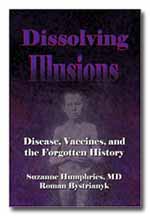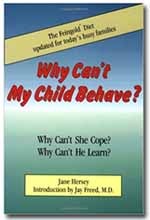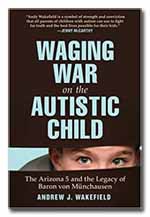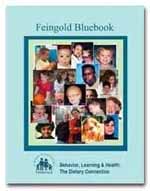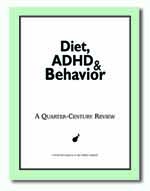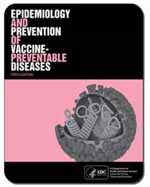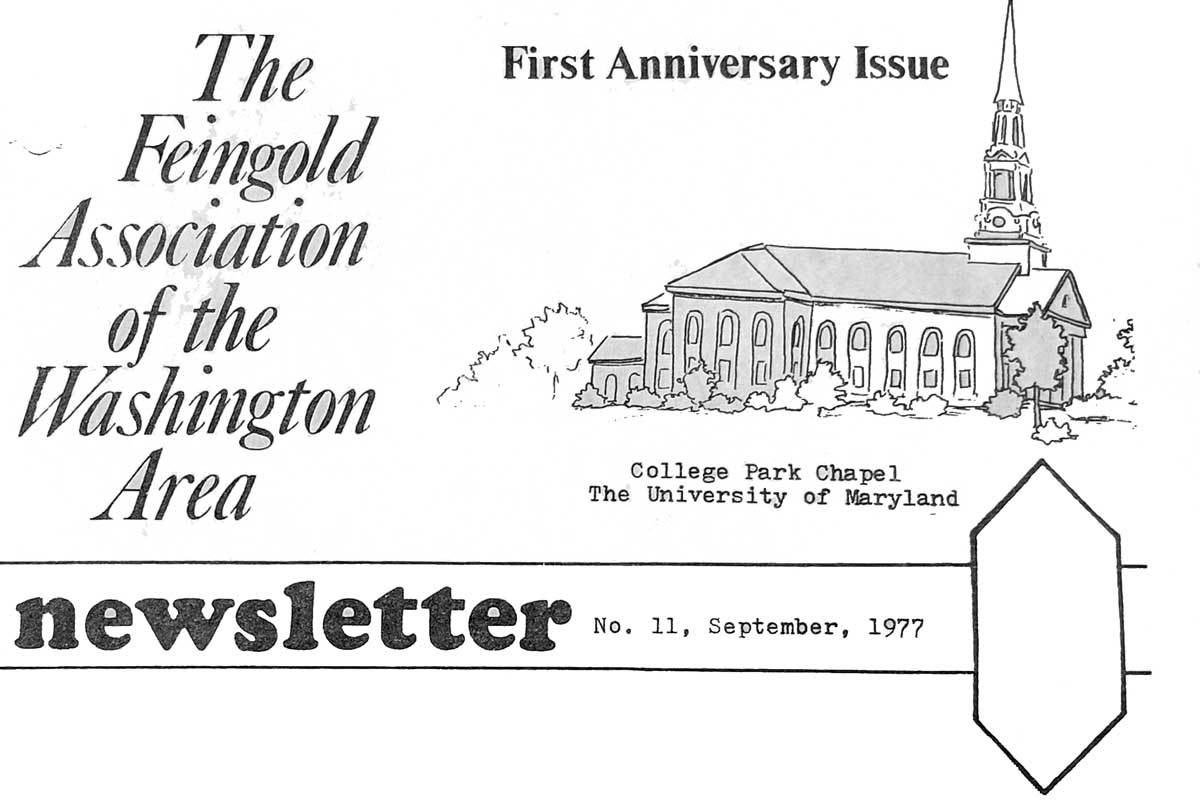
First FDA study supports Feingold theory
Results from the first federally-sponsored study of the Feingold hypothesis are strongly supportive of a key facet of the KP diet. Following two experiments funded by the Food & Drug Administration, researchers at the University of Pittsburgh say they believe that data they developed “firmly establish that artificial colors may be particularly disruptive to younger children.”
They said the data, in general, suggest “that artificial food dyes do indeed act to impair and disrupt the behavior of the children.”
The team of researchers, let by Drs. Charles Goyette and C. Keith Conners, last year published a paper providing “preliminary support” for the Feingold hypothesis. But certain factors involved in the earlier study led them to “view the findings with extreme caution.”
The results of this second study are being published without the caution caveat. And it is particularly encouraging to Feingolders because it suggests why a food-industry-supported study at the University of Wisconsin produced data antithetical to the Feingold theory. The suggestion is that the children must be rigorously tested within three hours or so of ingesting a dye. Such testing wasn’t part of the Wisconsin study.






